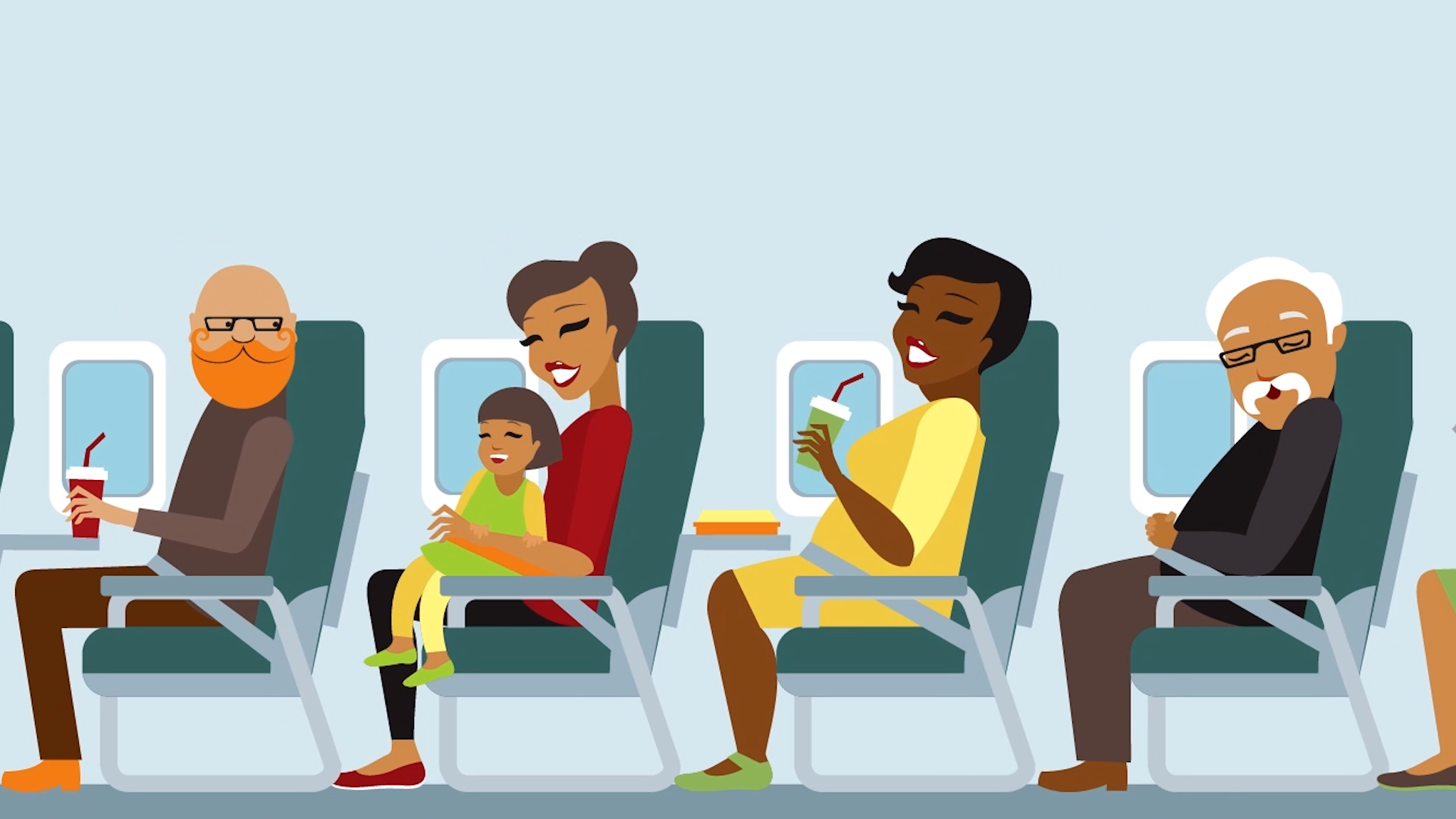In what has been called an open secret in flying for years, airline customers are turning to skiplagging, a controversial hack to save money on their ticket that can have varying consequences.
Skiplagging, also known as hidden city ticketing, is when a customer books a connecting flight, but actually gets off at the layover airport rather than their final destination.
The hack can save customers hundreds of dollars on their ticket — but can come at a heavy price if airlines find out. Here's what to know about the practice.
What is skiplagging?
Get top local stories in Southern California delivered to you every morning. >Sign up for NBC LA's News Headlines newsletter.
Skiplagging, for example, is when a customer wants to fly from Atlanta, Georgia, to Orlando, Florida. A direct flight might cost $250, but a flight from Atlanta to Dallas, Texas, with a layover in Orlando could be nearly half the price at $130, according to Skiplagged.com.
"You can often save hundreds of dollars per ticket," Scott Keyes, founder of Going, formerly Scott's Cheap Flights, said on TODAY Aug. 21. "That’s why hidden city ticketing works because people will pay more for a nonstop flight than a connecting flight."
The cheaper ticket is an easy decision for some, but airlines are starting to crack down on the practice.
What are the consequences of skiplagging?
Most major carriers, including American Airlines, Delta Air Lines, United Airlines and Southwest Airlines, all prohibit the practice.
"They can deny you boarding," Keyes said. "They can confiscate frequent flyer miles, or even in some cases, suspend you for a length of time from flying that airline."
In June, American Airlines canceled a North Carolina teenager's trip and made him purchase a direct flight to his destination after discovering his hidden city ticket that he purchased from travel website Skiplagged.com, Queen City News reported.
Cassie Aran told Business Insider that she bought a hidden city ticket from Skiplagged.com to save money, but when she checked in at the airport, she said American Airlines knew she wasn't planning to board her second flight.
"She's like, 'If you don't go to Boston, you'll be banned from American Airlines forever,'" Aran said of the incident.
Aran said she was able to cancel her trip, but she would now never recommend skiplagging.
When reached for comment on skiplagging, American Airlines said the practice is prohibited by the company's conditions of carriage and agency agreements.
"If a customer knowingly or unknowingly purchases a ticket and doesn’t fly all of the segments in their itinerary, it can lead to operational issues with checked bags and prevent other customers from booking a seat when they may have an urgent need to travel," the company said in a statement to NBC News. "Intentionally creating an empty seat that could have been used by another customer or team member is an all-around bad outcome."
Is skiplagging illegal?
While skiplagging isn't illegal, American Airlines filed a civil lawsuit earlier this month against Skiplagged.com, accusing the company of "unauthorized and deceptive ticketing practices" and tricking customers into believing they've gained access to a "secret loophole."
Skiplagged.com advertises "ridiculous travel deals" and says it "exposes inefficiencies in airline pricing," according to its website. And the site does list a warning: "You might upset the airline, so don’t do this often."
Skiplagged.com did not immediately respond to a request for comment from NBC News.
For people who want to still save money on flights, experts say to search for one-way flights instead of booking a round-trip ticket. The cheapest flight to a destination could be on one carrier, and on the way back, the cheapest option could be with another airline.
Experts say the trick could save hundreds of dollars — without breaking the rules.
This story first appeared on TODAY.com. More from TODAY:



